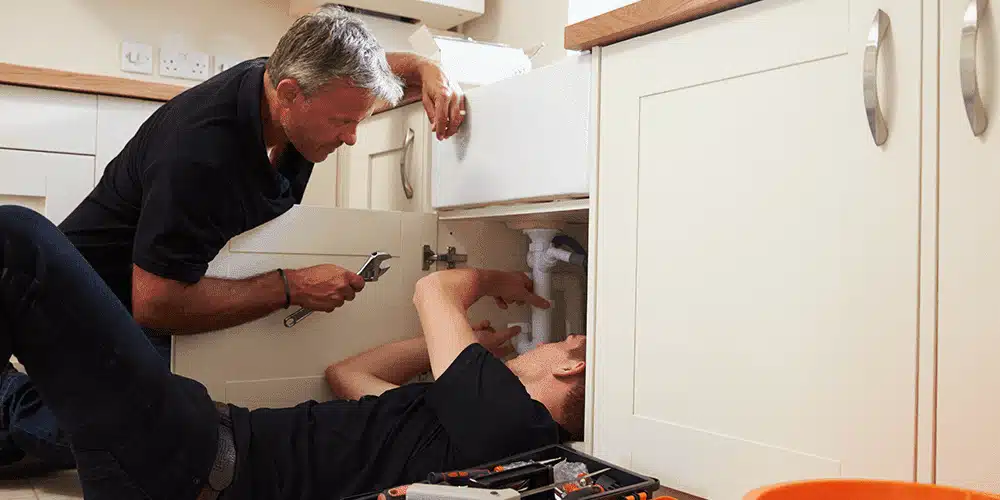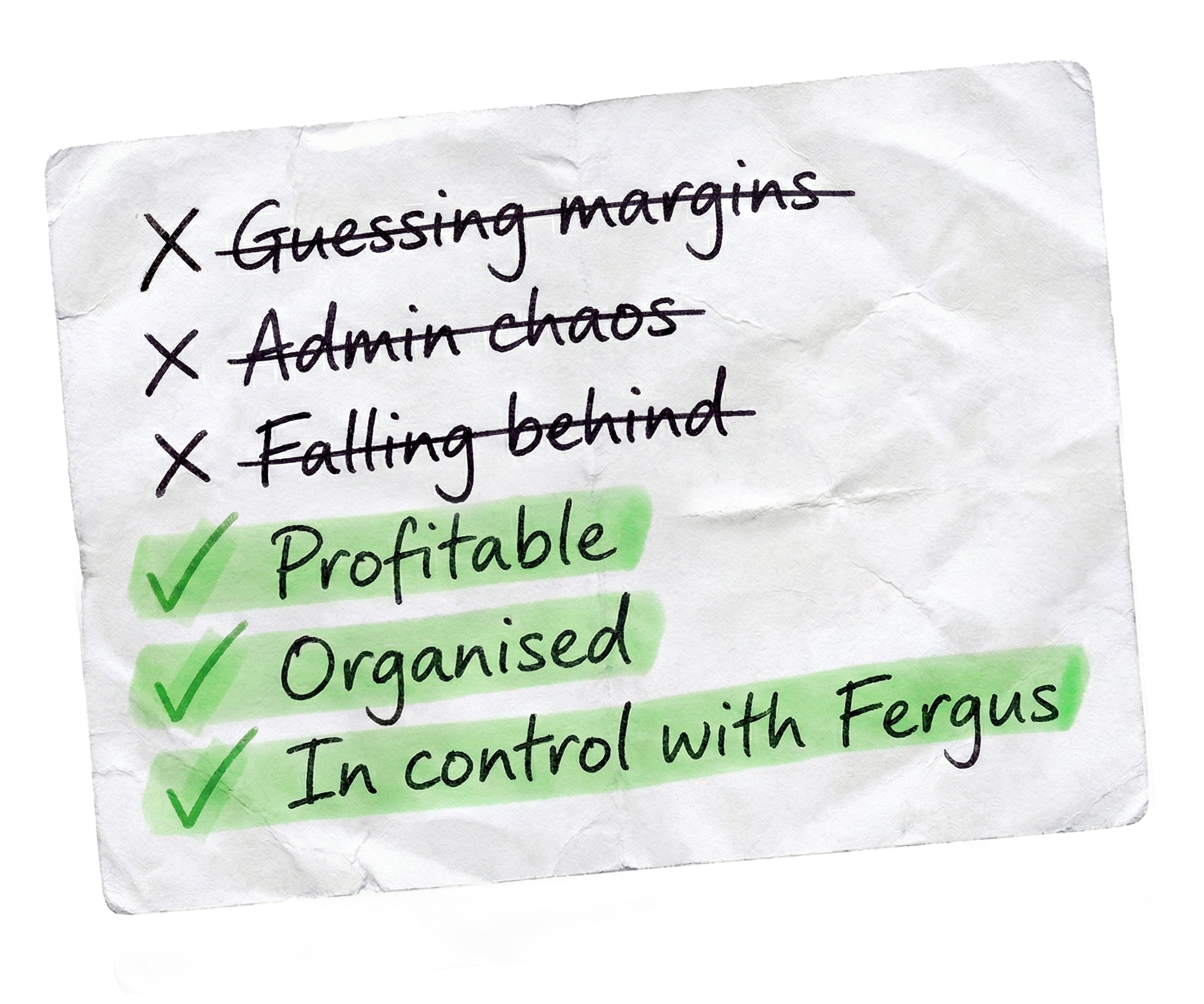
In the trades industry, success hinges not just on your technical skills, but also on the strength of your relationships.
Whether you’re an electrician, plumber, or any other trades professional, building solid relationships can be the cornerstone of growing and scaling your business.
This article will explore practical strategies to foster meaningful connections within the industry, which can help you improve your reputation, hire skilled staff, and get more work.
Relationships are crucial in the trades industry.
They lead to repeat business, referrals, and can even affect the quality and efficiency of your work.
That’s why networking should be at the forefront of your business plan.
Networking is crucial in the trades industry for several reasons:
A well-connected tradesperson can tap into a stream of opportunities that might otherwise be inaccessible.
From private contracts to large-scale projects, your network can be a source of diverse job leads.
Networking allows for the exchange of knowledge and skills, which can be invaluable in staying current with industry standards and technologies.
Learning from peers can also help you avoid common mistakes and improve your business practices.
Your network can enhance your reputation as a reliable and skilled professional.
Positive word-of-mouth from peers and clients can significantly enhance your credibility in the industry, and lead to new business.
The trades can be unpredictable, with fluctuating workloads and economic pressures.
A strong network can provide support during slow periods and offer practical solutions to challenges.
Networking can lead to collaborations that combine different skill sets for more complex projects.
This means you can say ‘yes’ to more work that you might not be able to handle alone, and outsource some of the job to your trusted connections.
Trust is the foundation of any good relationship.
For tradespeople, this means:
Networking isn’t just for corporate events; it’s vital in the trades too.
Here are some ways to network effectively, it’s vital that you join trade associations.
This way, you can engage with peers and stay informed about any changes or trends in your sector.
Attending trade shows is not only another great way of brushing shoulders with likeminded tradespeople, but it’s also essential for connecting with suppliers and building industry knowledge.
You can do this virtually too, of course, by joining online forums and engaging on social media, where you can share your knowledge and learn from others.
Collaboration can lead to new business opportunities. Consider:
Managing client relationships is crucial for repeat business.
So make sure your customer service is second-to-none.
To do this, make sure you always check in with your clients after you’ve completed a job to ensure they are satisfied.
You can ask them to leave you a review online, and could potentially offer them discounts or incentives for repeat business moving forward.
To go the extra mile, try and include the personal touch.
This can be as simple as remembering client preferences, saying ‘thank you’, or adding customers to your Christmas card list.
Building relationships in the trades industry requires effort and sincerity.
By establishing trust, networking, collaborating, and managing client relationships effectively, you can create a network in the trades industry that supports the growth of your business.
Stop drowning in admin & paperwork. Start focusing on the jobs that make you money.



Our 20,000+ trades businesses have slashed their admin, are getting paid faster, and are finally enjoying their weekends again.






